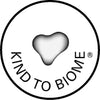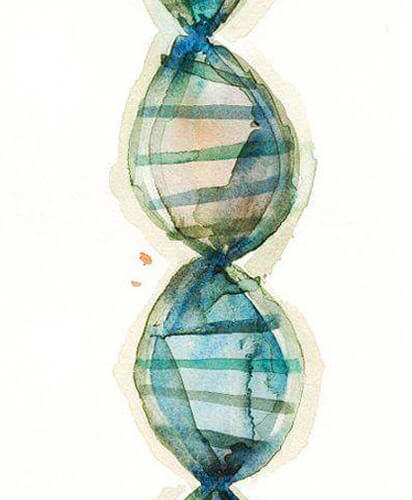Reading in the Wilde — The Telomere Effect, By Elizabeth Blackburn
By Susie Willis
I’m always in search of things that expand my horizons – intellectually, spiritually, and physically. I think to be earnestly curious advocates an embrace of life, and the imbibing of knowledge and experience makes us who we are. As many do, I cherish reading for pleasure and to push my own boundaries by reading things that I would normally bypass as ‘too intellectual.’ I force myself to understand them by taking my time and breaking the information down into bitesize pieces in order to digest the information in a way that works for me.

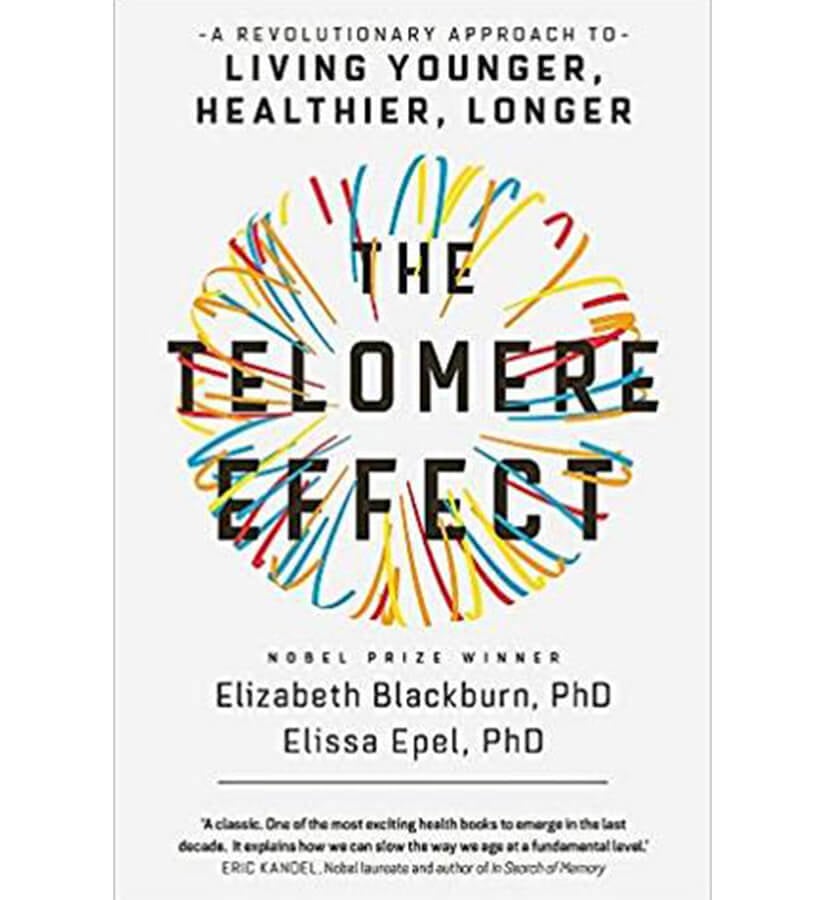
At the moment I am reading ‘The Telomere Effect’ by Nobel prize winning Dr. Elizabeth Blackburn and leading health psychologist, Dr. Elissa Epel. The book itself is incredibly ground breaking in its discussion of the history of Telomeres (biological markers) and how one can slow down the aging process and lengthen one’s life. In essence, that biological age does not have to represent our chronological age. It goes beyond a number, and is cell deep, something I have always been keen to explore.
The book discusses chromosomes which carry our genetic material as shoelaces, if you will. Telomeres, the little protective tips at the end, are made of repeating short sequences of DNA sheathed in special proteins. During our lives they tend to wear down and when telomeres can’t protect chromosomes properly, cells can’t replenish, and hence begin to break down. This sets up physiological changes in the body which increase risks of the major conditions and diseases of ageing, and of course, a compromised and weakened immune system. Here’s the good news, the process is somewhat malleable; it is happening in all of us at some rate, but according to their research, the rate can change. An enzyme called telomerase can add DNA to the ends of chromosomes to slow, prevent and partially reverse the shortening.
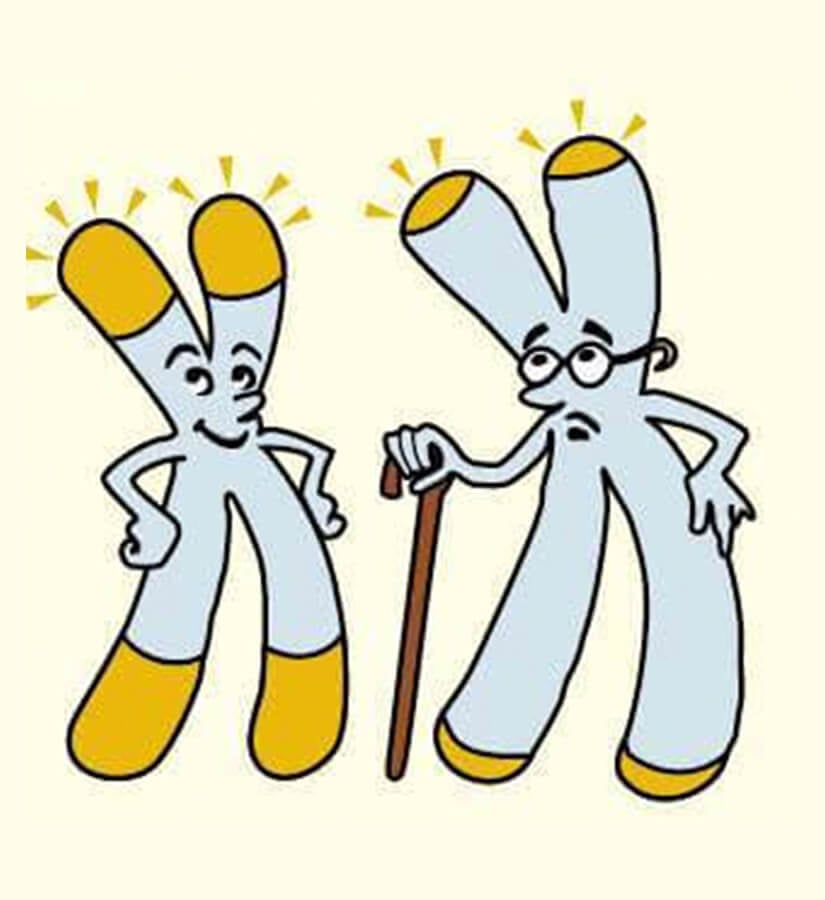
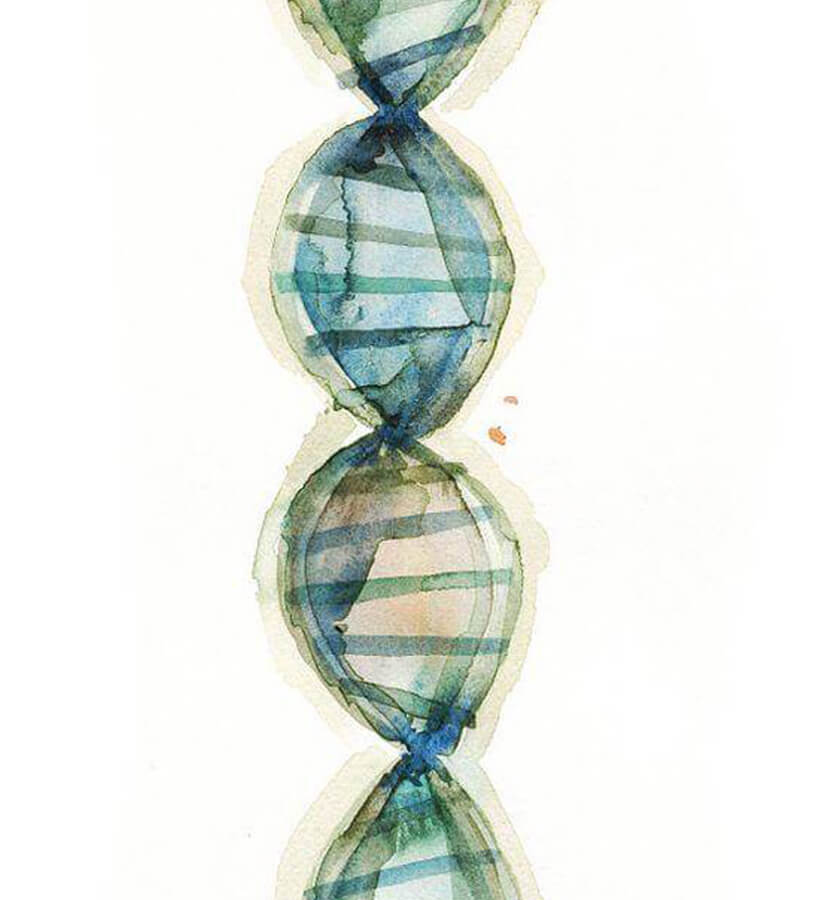
Of course, like these esteemed doctors and authors, I am incredibly interested in how we can delay or reverse ageing by taking care of our telomeres and preserving their length. We all have health spans – the number of years we remain healthy (active and disease-free) and the shortening of our telomeres contributes to ageing and our entry from “health span into disease span.” But we can do things that affect our telomerase and telomeres, that can delay this process and keep people healthier for longer; little things in life like minimizing stress, getting more sleep and exercise, eating a diet rich in fish oil and antioxidants and avoiding smoking and alcohol – to name a few! Both authors emphasize that this is not about extreme life span extension but increasing our quality of life and embracing the different methods within our control that affect how we age.


As Dr. Blackburn explains, “The book integrates a lot of new studies – from genetics, epidemiology and social science – that have been accumulating. We also provide a new biological underpinning to the mind-body connection. Nobody had any idea that meditation and the like, which people can use to reduce stress and increase wellbeing, would be having their salutary and well-documented useful effects in part through telomeres. The book is also recognising how much control we can have. Small tweaks in how you approach stress, for example, can lead to long-term habits that make a difference.”
Overall, I find it incredibly fascinating that we can take management of ageing and slow-down or suspend the ageing process. Knowledge is king (and Queen!) and we can then decide what life choices to make. Our bodies are remarkable, and can regenerate and restore when treated well, and once in a state of homeostasis, rest and recovery, we can support our system to re-boot itself. All of this is at our fingertips, and I just happen to want to embrace this natural state of being and make every single moment I have one of quality.


